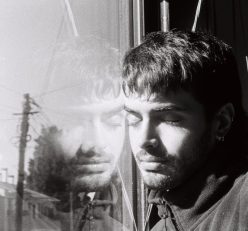The following text corresponds to notes taken while analyzing Guy Debord’s “Society of the Spectacle”, the book that our radio project bases on.
1967 the society of the spectacle
critique to society – post-WWII consumerism in Europe. “A society organized around such consumption induced boredom while shaping peoples desires in a way that could be fulfilled only through the purchase of consumer goods” (the situationist international)
They wanted to encourage people to live true experiments without the need of recurring to capitalism and consumerism, which fulfills a lie in ourselves. “In societies dominated by modern conditions of production, life is presented as an immense accumulation of spectacles”. Debord says that capitalist societies make us need (not want) more., but the present stage of capitalism is bringing about a general shift from “having” to appearing” – all “having” must now derive its immediate prestige and its ultimate purpose from appearances”. Rather from the desire, we are guided by thinking that it will improve how we appear to others (and it could be subconscious). Being obsessed with appearance and image above all else. Modern advertising largely operates around selling us products based on the effect they might have upon our appearance.

We are all responsible for sustaining the society of the spectacle. Real-life is materially invaded by the contemplation of the spectacle, and ends up absorbing it and aligning itself with it”. The problem is not only the politicians and advertisements but all of us – social media
The version of ourselves that we place online is highly curated and selective: most of us are quite keen to portray ourselves as happy people who are successful in some way and fulfilled in our relationships. We act like advertisers. We are more into appear to be successful rather than actively going out and seeking those experiences.
